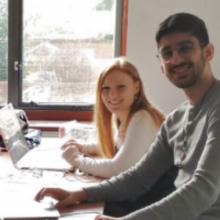Intern and Elective Experiences
Students on electives or internships work on projects structured around their interests or the General Medical Council's requirements for MBBS graduates: (5g) Apply the principles and methods of quality improvement to improve practice, including seeking ways to continually improve the use and prioritisation of resources; (25f) outline the principles underlying the development of health, health service policy, and clinical guidelines, including principles of health economics, equity, and sustainable healthcare; (25h) Evaluate the role of ecological, environmental and occupational hazards in ill-health and discuss ways to mitigate their effects.


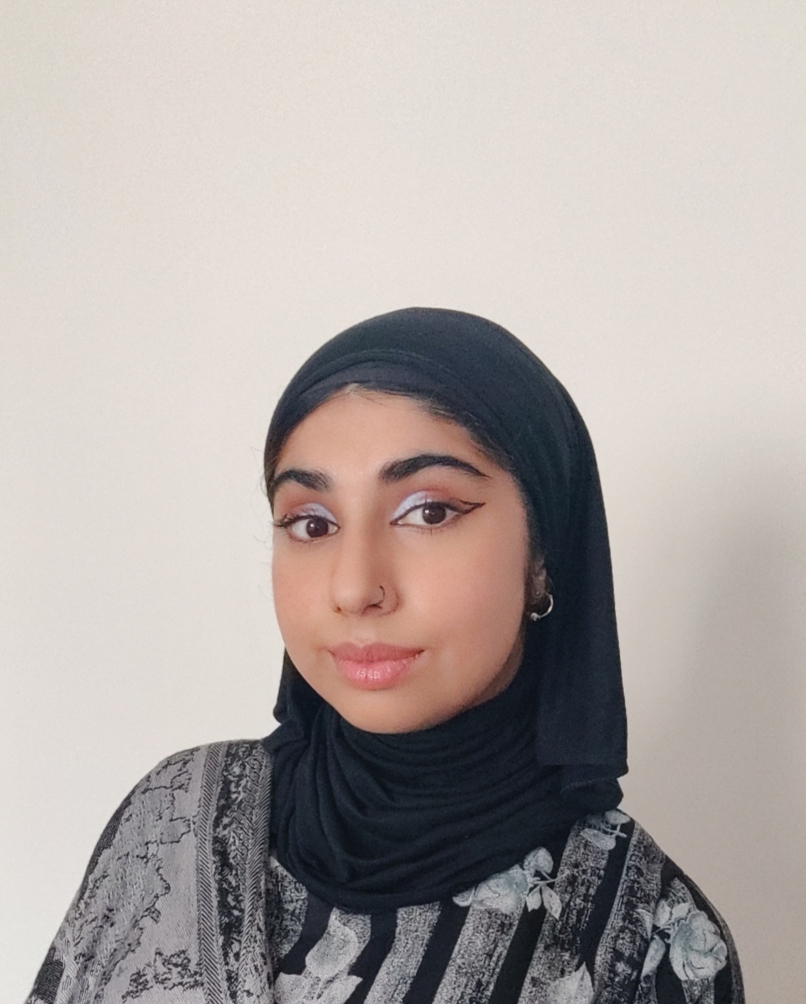
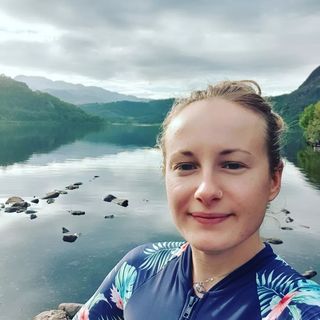 Bethany Shadbolt
Bethany Shadbolt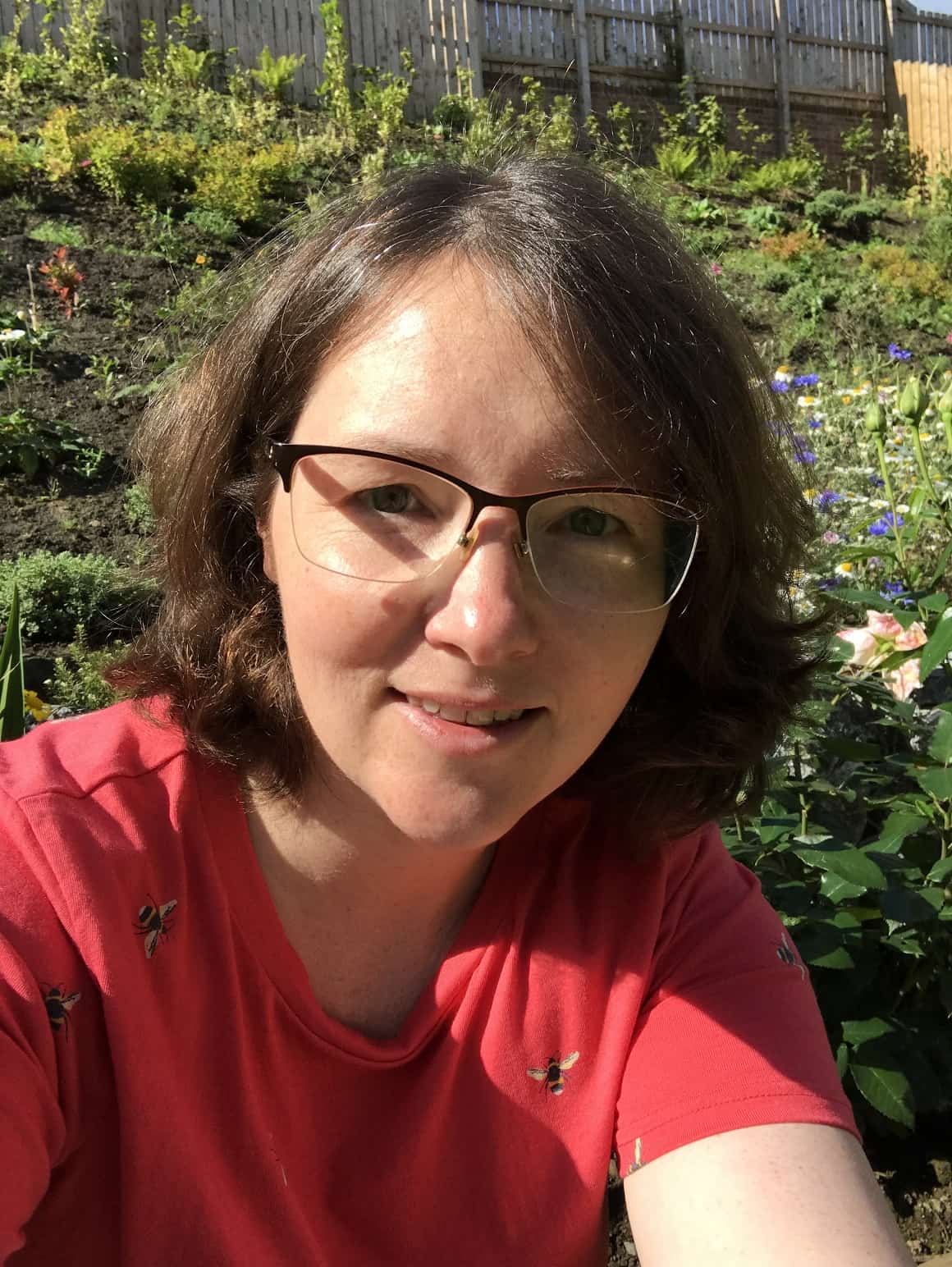 Helen Crow
Helen Crow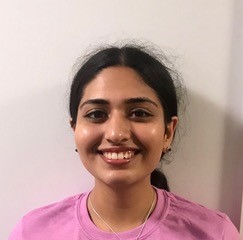

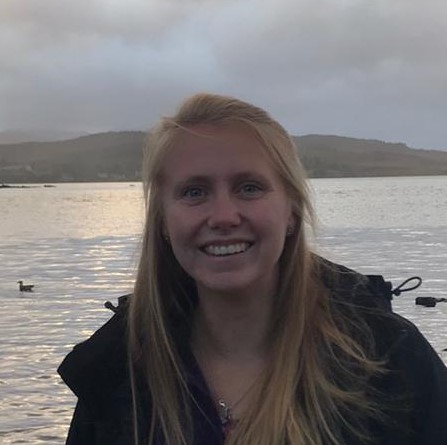 Naomi Richardson
Naomi Richardson Ardra Radhalakshmi
Ardra Radhalakshmi
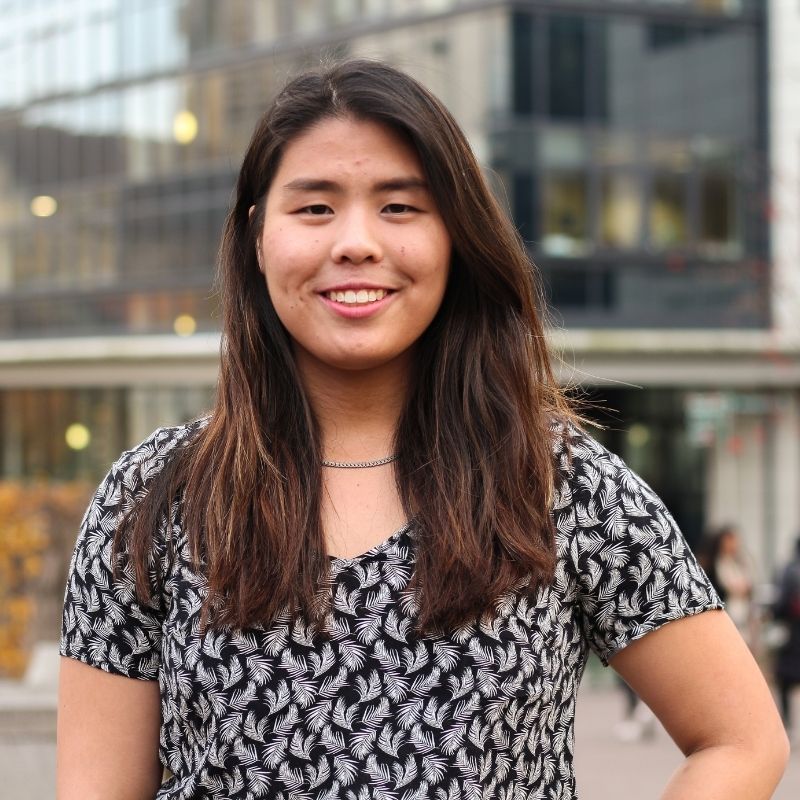 Shiwei Ooi
Shiwei Ooi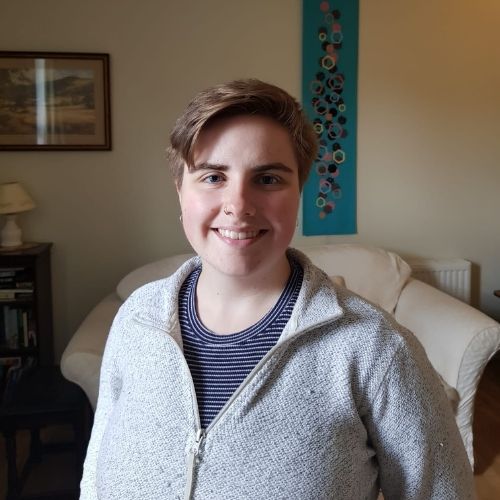 Jessica Burt
Jessica Burt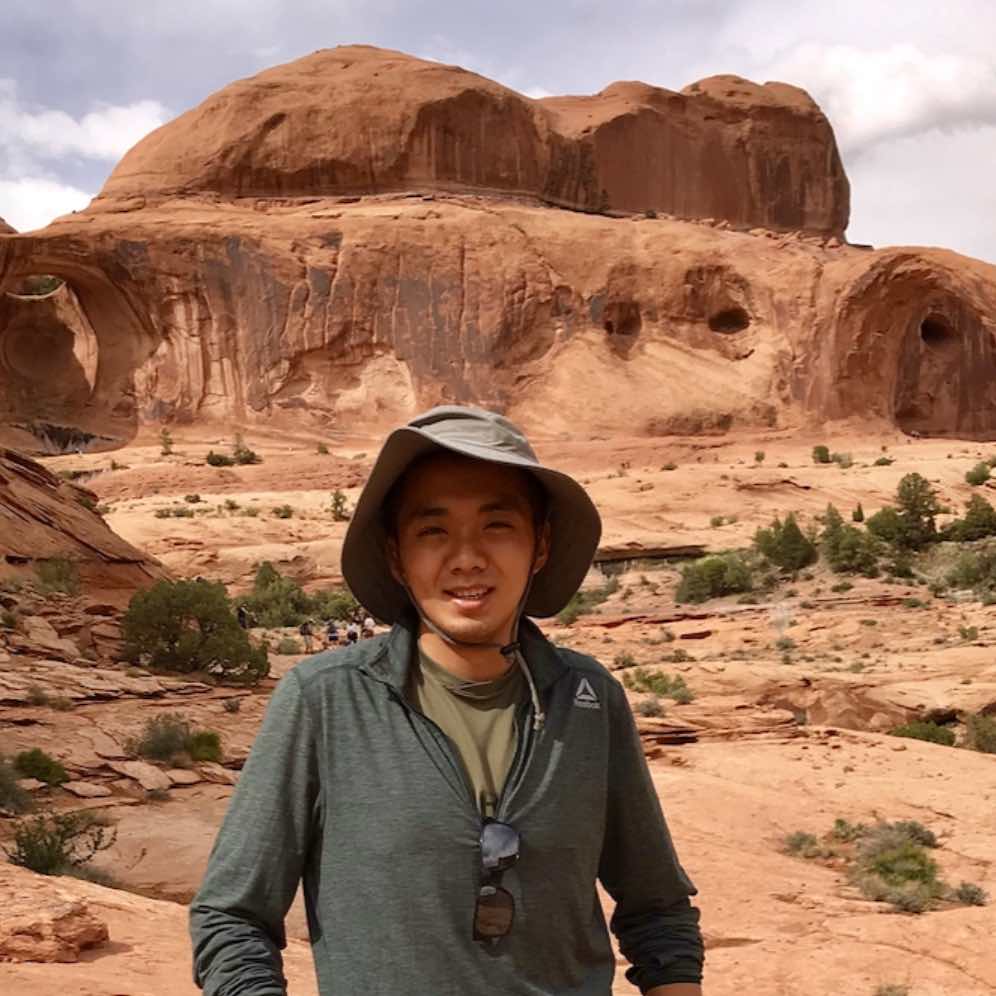 Michael Xie
Michael Xie